You are currently on our free list—meaning this is just a preview of the newsletter. To access the full version and unlock all our reporting, join The Dispatch.
Happy Thursday! And happy (early) Fourth of July! We’ll be back in your inbox on Monday, but in the meantime, we hope you have a patriotic weekend.
Quick Hits: Today’s Top Stories
- In the wee hours of Thursday, House Republican leadership garnered enough GOP votes to clear the procedural hurdle necessary to vote on President Donald Trump’s “big, beautiful” spending bill. As their self-imposed July 4 deadline neared, House Republicans still had several colleagues they needed to convince to vote for the bill to get it through the House’s tight margins. GOP moderates were concerned the bill’s changes to social programs would impact vulnerable constituents. Meanwhile, fiscal hardliners such as those in the House Freedom Caucus were upset that the bill they received from the Senate cut significantly less spending than they had agreed to when the House began the process of crafting the bill. The House was debating the bill as dawn broke this morning, with all signs indicating Republicans would have the votes to pass it.
- Iranian President Masoud Pezeshkian on Wednesday ordered the country to suspend cooperation with the International Atomic Energy Agency (IAEA), the United Nations’ nuclear watchdog, Iranian state media reported. Iran is a signatory to the Nuclear Nonproliferation Treaty, and the IAEA is the primary monitor of the country’s compliance. But the IAEA has sounded the alarm about Tehran’s accelerating production of highly enriched uranium in recent months. The fate of the uranium stockpiles is unclear in the aftermath of U.S. and Israeli strikes on Iran’s nuclear sites, but IAEA Director General Rafael Grossi recently indicated that Iran could resume its uranium enrichment “in a matter of months.”
- The White House announced Tuesday that it had halted certain weapons deliveries to the Ukrainian armed forces. Following a review by the Pentagon determining that U.S. stockpiles were declining at an unsustainable rate, Defense Secretary Pete Hegseth ordered a pause in shipments of Howitzer shells and several types of precision missiles, at least until the assessment of U.S. weapons supplies is complete, according to NBC News. Ukrainian officials said Wednesday that they had not been informed of the pause or its specifics, and the White House has yet to confirm the details of the decision.
- President Donald Trump announced Wednesday that he had reached a trade deal with Vietnam. A draft of the agreement outlines a 20 percent import tariff on Vietnamese goods and a 40 percent tariff imposed on goods from other countries that pass through Vietnam on the way to the United States. Vietnam also agreed to open its market to U.S. products it had previously blocked. The new tariff rate, if implemented, would represent an increase on the rates imposed during Trump’s pause on “reciprocal” tariffs, although a decrease from the rates that were originally threatened. The draft indicated the agreement would be finalized “within the coming weeks.”
- U.S. District Judge Randolph Moss ruled Wednesday that Trump’s January proclamation declaring an “invasion” at the southern border and enacting wide-ranging restrictions on asylum exceeded his legal authority. “Nothing in the [Immigration and Nationality Act] or the Constitution grants the President … the sweeping authority asserted in the Proclamation and implementing guidance,” Moss wrote. The order, which will be paused for two weeks to give the White House time to appeal, will apply to all asylum seekers who are subject to Trump’s asylum crackdown.
- The Wisconsin Supreme Court on Wednesday struck down the state’s near-total ban on abortions, which was passed in 1849 and again went into effect due to the U.S. Supreme Court’s reversal of Roe v. Wade in 2022. In a 4-3 vote, the Wisconsin high court ruled that laws regulating abortion passed in the 176 years since the ban was enacted, including in the period in which it was invalidated by the Roe v. Wade decision, superseded it. Justice Annette Ziegler dissented, calling the ruling a “jaw-dropping act of judicial will.”
- Rapper and producer Sean “Diddy” Combs was found guilty on Wednesday of multiple prostitution-related offenses, while being cleared of sex trafficking and racketeering charges by a New York jury. Combs, who pleaded not guilty to all accusations, could face a prison sentence of up to 10 years on either of the two convictions for transportation to engage in prostitution. Prosecutors alleged that Combs had forced two women to engage in days-long sexual performances with male sex workers by using the threat of violence and the withholding of financial support.
Campus Clashes Continue
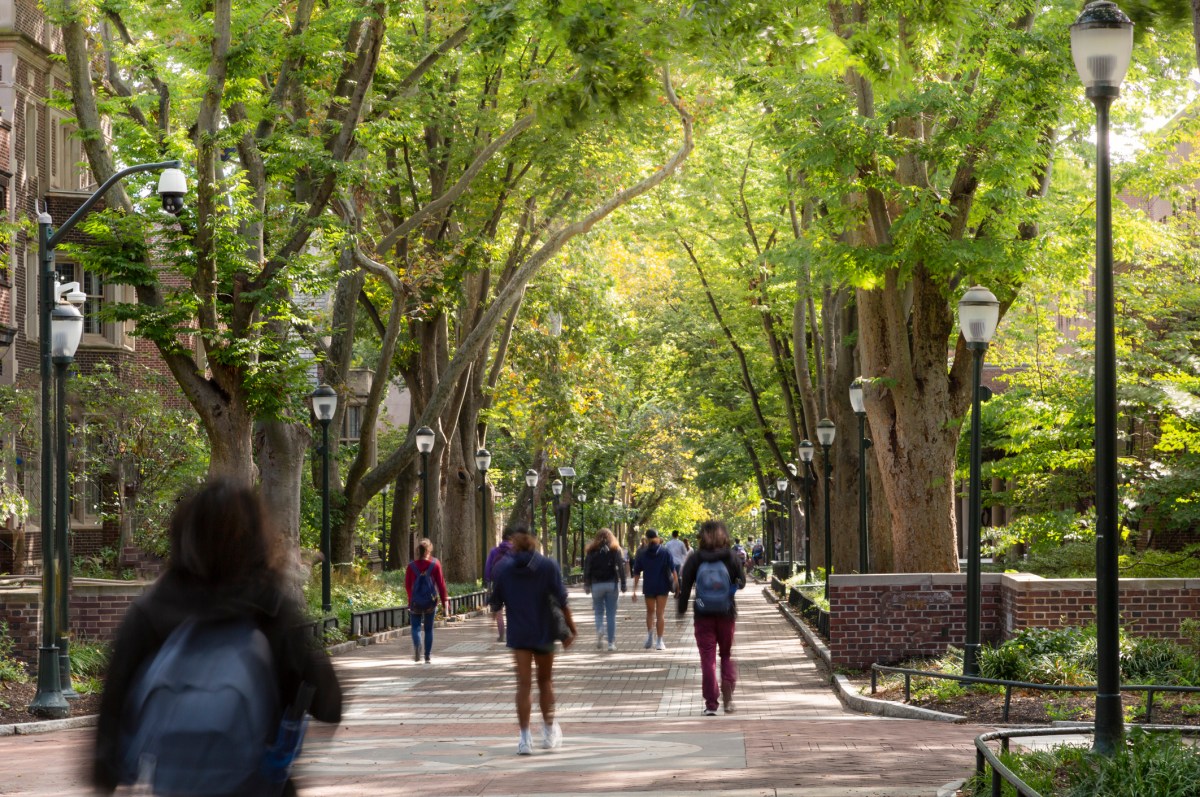
The Trump administration’s ongoing clash with some of the nation’s most elite universities over the status of their federal funding and progressive partisan commitments has ramped up in the past week. The White House racked up three major victories at Harvard University, the University of Virginia, and most recently, the University of Pennsylvania, in its effort to reform or tyrannize higher education—depending on who you ask.
“Conservatives have been asking America’s colleges to have a reasonable conversation for years. They refused, so now they’re going to have an unreasonable one,” Frederick Hess, the director of education policy studies at the American Enterprise Institute, told TMD. “But we needed to have the conversation.”
At UVA, the Department of Justice successfully pressured the school’s president into stepping down from his post on Friday. On Monday, the Trump administration declared that Harvard remains in violation of Title VI of the Civil Rights Act, citing its lackluster response to antisemitism on campus. And on Tuesday, the Department of Education, wielding Title IX, announced that Penn will bar biological males who identity as female from participating in female sports and erase the school records set by Lia Thomas, a transgender swimmer who competed for the university’s women’s teams.
This week marks the latest chapter in the ongoing White House-led reckoning for college campuses nationwide. Harvard, in particular, has absorbed much of the president’s ire. In April, the administration sent a letter to the Ivy League school with sweeping demands for its admissions, hiring practices, and curriculum. When Harvard President Alan Garber did not comply, the White House froze $2.2 billion in federal grants to the university. Harvard sued, alleging the funding freeze had been politically motivated. The administration doubled down in early June, ordering the suspension of international visas for foreign students enrolled at Harvard—a move promptly blocked by a federal judge.
But the Trump team’s most recent maneuver followed glimmers of hope for a detente. On June 20, President Donald Trump said the university had “acted extremely appropriately,” alluding to the possibility of a forthcoming “deal.” Such an arrangement is likely still on the table, but on Monday, the administration alleged that the university had violated civil rights law by failing to protect its Jewish students and faculty from antisemitism on campus. A report detailing a task force’s findings cited instances in which Jewish and Israeli students were harassed, spat on, and even assaulted. The majority of Jewish students said they had experienced negative bias or discrimination, while a quarter reported feeling physically unsafe.
“The Trump administration found that Harvard had indeed violated the civil rights of Jewish and Israeli students, and it is my personal hope that many of these federal funds are cut permanently,” Shabbos Kestenbaum, a Jewish Harvard student who sued the university after his encounters with antisemitism, told TMD.
“My understanding is that the settlement reached will be very similar to the list of demands that [was] initially released to the university,” he added. “It’s a $54 billion business that has classes on the side. And when the bottom line is being threatened, they will change as a result.”
Other universities have already begun to acquiesce to Trump’s demands. UVA’s saga began in March, when the school’s Board of Visitors voted unanimously to eliminate the university’s office of diversity, equity, and inclusion (DEI) to comply with Trump’s January executive order calling for an end to DEI programs in the public sector. UVA missed the deadline to comply with the board’s directive, prompting the Department of Justice to ramp up pressure on the school and culminating in the resignation of President Jim Ryan on Friday. His decision to step down reportedly followed a threat by the administration to eliminate millions of dollars in funding to the public school.
Students and Democratic lawmakers alike condemned what they described as the White House’s intrusion into higher education. The editorial board at UVA’s student-run newspaper, the Cavalier Daily, described the move as a “gross manipulation of federal power which has overstepped due process.” Democratic Sen. Tim Kaine of Virginia, meanwhile, described the incident as a “direct attack on public education,” adding, “When you attack UVA, who is next?”
Just this year, the school earned the top spot in annual free speech rankings by the Foundation for Individual Rights and Expression (FIRE). UVA also has a better, albeit imperfect, track record than most elite universities when it comes to creating a safe environment for its Jewish students. The Ryan administration has shut down multiple efforts by anti-Israel protesters to occupy public spaces on campus, including by requesting police assistance in clearing encampments.
“I haven’t seen any evidence that Ryan was engaged in any clear wrongdoing,” Hess told TMD. “It opens a really troubling new front that I don’t think actually serves anybody’s interest long term.”
The University of Pennsylvania became the most recent school to bow to the Trump administration’s demands on Tuesday. The Title IX dispute between Trump and his alma mater began in February, when the Department of Education launched a probe into Penn. A month later, the White House froze $175 million in funding to Penn for permitting Thomas to compete in women’s sports.
This week, however, the administration released the funds after reaching a settlement with the Ivy League school. The university agreed to restrict transgender athletes from competing in women’s sports and pledged to “adopt biology-based definitions” for male and female. On Tuesday, Education Secretary Linda McMahon hailed the deal as “a major accomplishment and a milestone in our fight to restore sanity, fairness, and integrity to women’s sports.”
For many in the world of higher education, the White House’s pressure campaigns targeting college campuses mark a troubling development for academic freedom. However, as we’ve noted in past newsletters, federal intrusions into schools and universities are not new, spanning multiple administrations. In 2011, for example, the Obama administration issued a “Dear Colleague” letter directing universities to significantly reduce the standard of proof needed to find students and faculty members guilty of sexual harassment or assault. The Department of Education rescinded the letter and its 2014 guidance document in 2017 after dozens of lawsuits.
Nor are concerns about free speech, political bias, or illiberal curricula unfounded. But some analysts argue the administration is, in essence, trying to cure illiberalism with more illiberalism. “I believe passionately in the need for higher education reform, but the way the Trump administration has gone about it oftentimes assumes powers that the government simply does not have,” Greg Lukianoff, president and CEO of FIRE, told TMD.
And the strategy could ultimately backfire on the values the White House says it’s seeking to protect. “I’m really uncomfortable with the idea of Attorney General Elizabeth Warren in the next administration saying to the University of Florida, ‘Hey, unless you guys reinstitute transgender participation in sports, you’re going to lose funds,’” Hess said. “This is just not a door I think we want to open.”
Today’s Must-Read
When Calvin Coolidge became president, things were not going the right way. The rustic, old-fashioned, penny pincher who was so thrifty that he never even owned his own home was not the man America was looking for to manage a period of booming growth, big social changes, and a federal government that, even after wartime spending had ended, was still twice the size it had been before the war. But, of course, he was the perfect person. Coolidge set right to work cleaning house in the administration and cutting spending. He devoted time every day to go through the budget, line by line, looking for waste and abuse. He executed the public duties of office, but did little in the way of “messaging.” He was always careful, cautious, and earnest, and voters loved it.
Toeing the Company Line
To Bribe or Not to Bribe?
That is the question.
The AI New Wave
Millenarian sentiment is an (expected) byproduct of artificial intelligence.
Mossad’s Next Challenge
Preempting future Iranian threats will require pitch-perfect Israeli intelligence.
What Ronald Reagan Taught Me About Civility
We can disagree without despising and debate without dehumanizing others.
Divisions Over the U.S. Strike on Iran Linger in Congress
The successful operation has opened up significant splits in the Democratic Party, while Republicans are united.
The 2024-25 Term Brought Notable Wins for the Supreme Court’s Conservative Majority
As well as for the Trump administration.
When Inclusion Becomes Compulsion
On Mahmoud v. Taylor, pluralism, and public education.
SCOTUS 2025 Term Debrief
Justice of the #Resistance.
Millionaires For Socialism
All aboard the deregulation train!
Worth Your Time
- For decades, the sprawling cities of the Sun Belt have served as vital pressure release valves for the housing crisis engulfing the U.S.’s progressive coastal cities. But that’s beginning to change, Rogé Karma writes in The Atlantic, as the forces of NIMBYism threaten to make the housing crisis a truly nationwide phenomenon: “The Sun Belt … is subject to the same antidevelopment forces as the coasts; it just took longer to trigger them. Cities in the South and Southwest have portrayed themselves as business-friendly, pro-growth metros. In reality, their land-use laws aren’t so different from those in blue-state cities. According to a 2018 research paper, co-authored by [urban economist Joe] Gyourko, that surveyed 44 major U.S. metro areas, land-use regulations in Miami and Phoenix both ranked in the top 10 most restrictive (just behind Washington, D.C., and L.A. and ahead of Boston), and Dallas and Nashville were in the top 25. Because the survey is based on responses from local governments, it might understate just how bad zoning in the Sun Belt is. ‘When I first opened up the zoning code for Atlanta, I almost spit out my coffee,’ Alex Armlovich, a senior housing-policy analyst at the Niskanen Center, a centrist think tank, told me. ‘It’s almost identical to L.A. in the 1990s.’”
- The U.S. strikes on Iran likely inflicted severe damage on the Islamic Republic’s nuclear program. But they may have also revealed just how strained U.S. military power abroad has become, Hal Brands argues at Bloomberg. “The US defense debate is afflicted by two deadly illusions. The first is that the US can simply decide to stop engaging outside the Pacific. The second is that America has enough military power for a rivalrous, war-prone world,” he writes. “There is, theoretically, an answer: Significant, sustained spending increases. These would allow the US to expand munitions stockpiles, rebuild defense industrial capacity and narrow the commitments-to-capabilities gap. But for too long leaders of both parties have declined to make the requisite hard choices, involving taxation or entitlements. They have frittered away priceless, irretrievable years.”
Presented Without Comment
New York Times: Pardoned Jan. 6 Rioter Who Threatened Police Joins Justice Dept.
Also Presented Without Comment
San Francisco Standard: San Francisco Employers are Hiring Etiquette Coaches for Gen Z
In the Zeitgeist
We know this section is skewed heavily toward the type of country music enjoyed by insufferable hipsters (Editor’s Note: Boy, is that right), but we couldn’t resist highlighting this awesome Tiny Desk Concert by icons of the genre, Gillian Welch and David Rawlings.
Let Us Know
Have you seen the housing crisis reach your community?

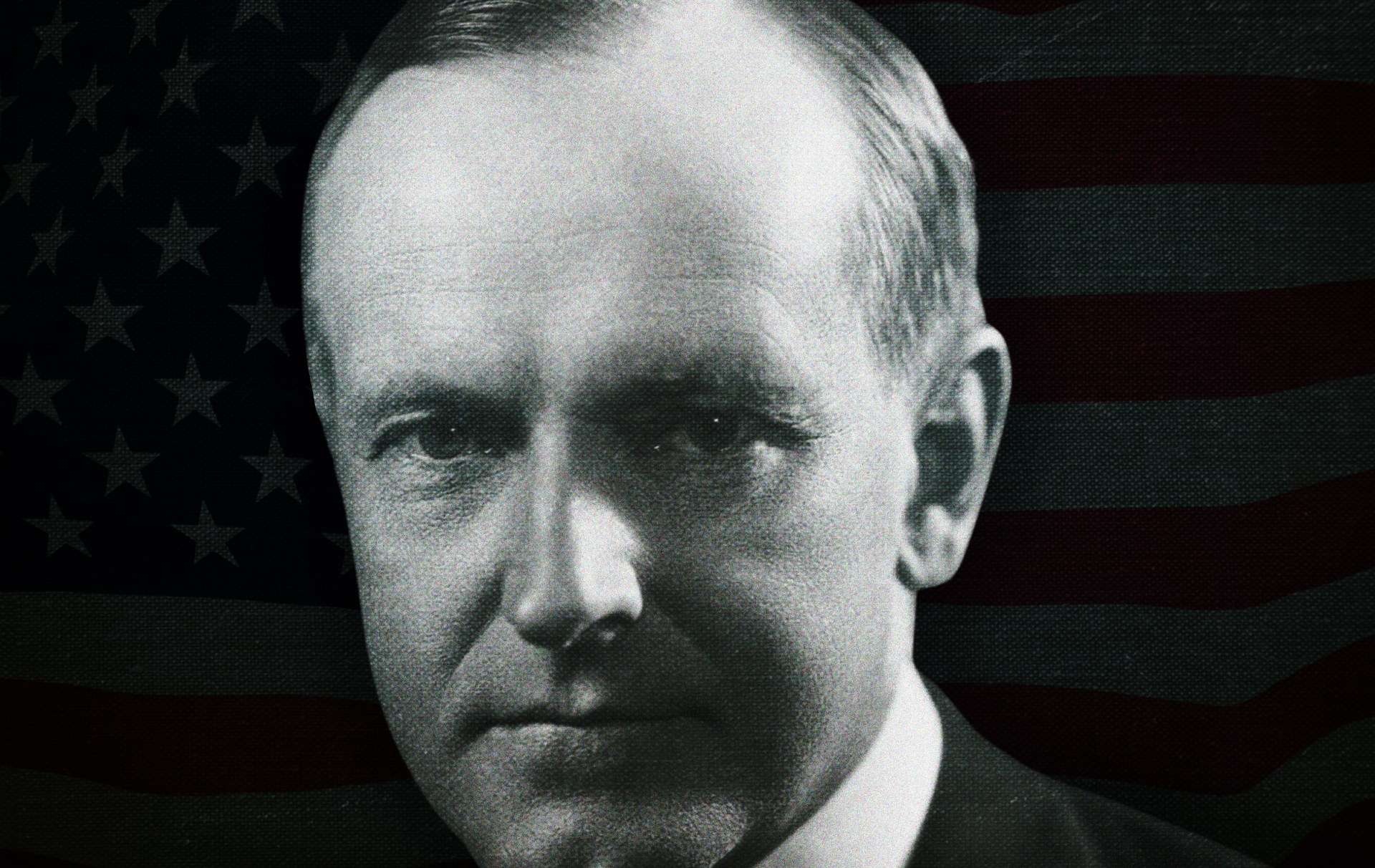
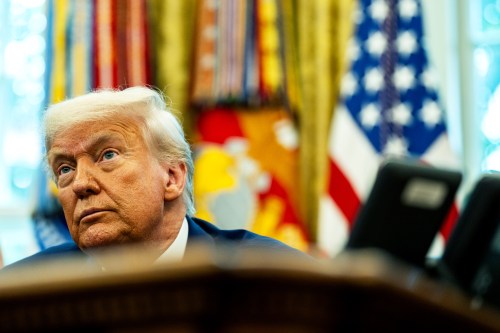

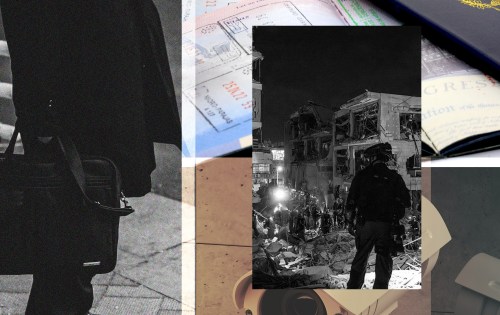

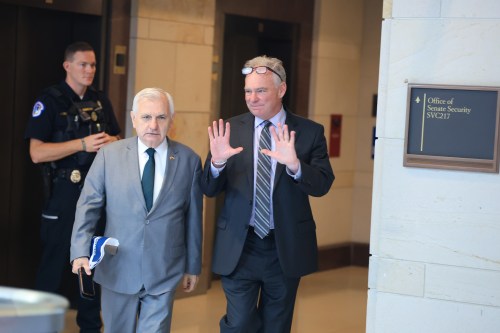
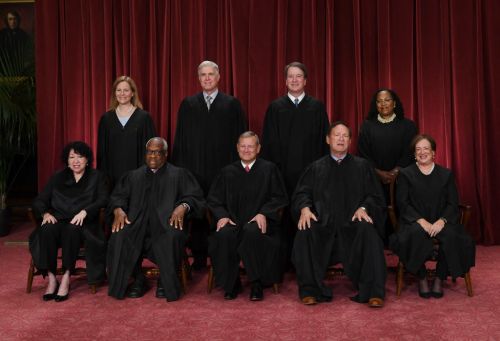
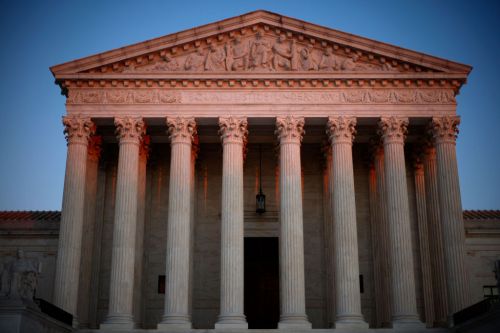
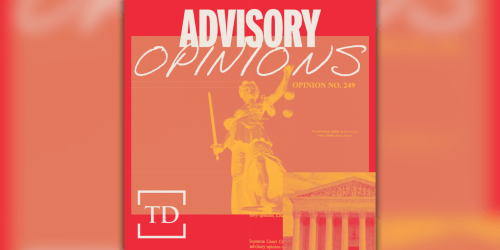
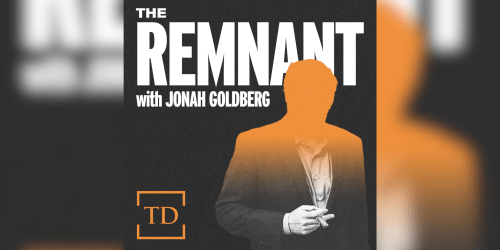



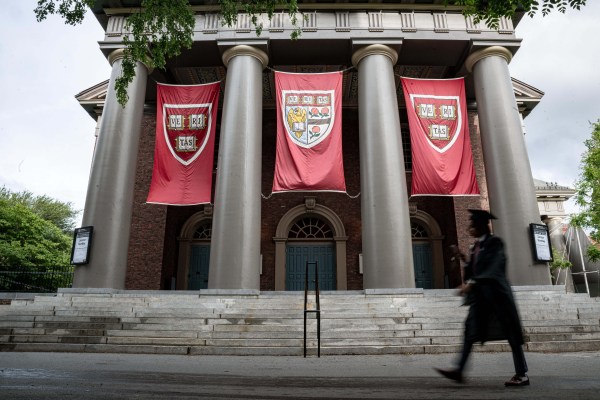
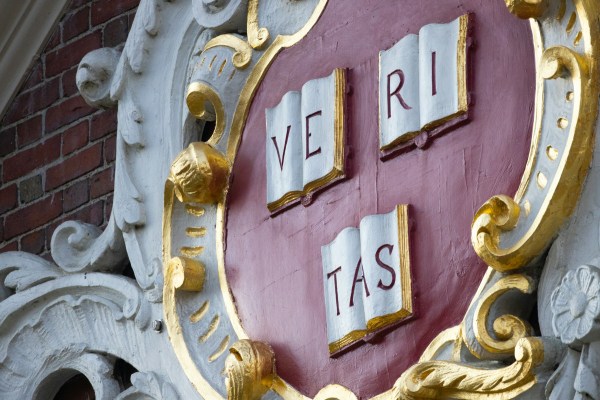
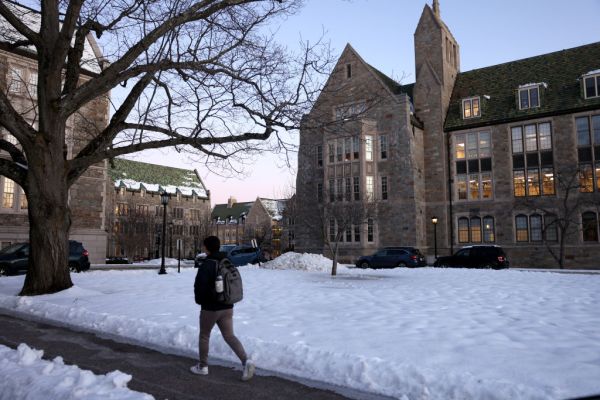

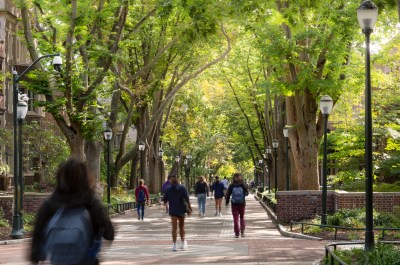
Please note that we at The Dispatch hold ourselves, our work, and our commenters to a higher standard than other places on the internet. We welcome comments that foster genuine debate or discussion—including comments critical of us or our work—but responses that include ad hominem attacks on fellow Dispatch members or are intended to stoke fear and anger may be moderated.
With your membership, you only have the ability to comment on The Morning Dispatch articles. Consider upgrading to join the conversation everywhere.